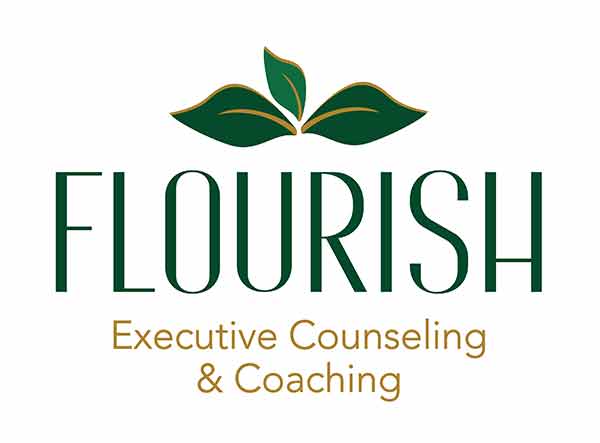
Whatever the issue, marriage counseling may help a couple to find or build solid ground in the relationship. It also can help to resolve problems that would otherwise remain unaddressed if the couple decided to "fix it on their own."
Relationships take work, even those in good health. A marriage in trouble needs even more care. The work that goes into a relationship can be broken down into actionable points, or resolutions. The question is, how do two partners who are different people arrive together at these action points?
This can be achieved with the help of a marriage counselor to help sort through the different, sometimes messy, aspects of a relationship. A counselor often uses questions to help two spouses to put the different elements of a marriage into perspective. Here are some common questions to expect during marriage counseling.
Questions that help a marriage counselor get a sense of the marriage
A counselor typically starts at the beginning, with questions to help understand each spouse as an individual and how the pair interacts within the marriage. The counselor generally wants to understand the structure and dynamics of the relationship, so may ask the following:
1. What does a good marriage look like?
The answer to this question often draws out a person. It makes them open up and share personal beliefs and aspirations. This allows a marriage counselor to get a sense of each partner’s personality and values. The counselor can gain a clearer view of the individuals and how those personalities interact.
2. What are the goals of this marriage?
Again, the counselor can draw out both spouses by asking about personal aspirations. This question can bring out information that helps the marriage counselor get a sense of whether the couple is on the same page about marriage and life as a whole.
3. What are the roles of each person in the marriage?
The point of marriage is to build a life and a family together. This means there are many practicalities to consider within a marriage. These can range from finances and resource allocation, including jobs and whether one or both partners work to the role of each partner in child-rearing (if the couple have children) and decision-making, specifically, who makes what decisions.
Such questions allow a marriage counselor to get a sense of how the couple works as a team. The assignment of roles gives the counselor some insights into the dynamic in the marriage.
Questions that dig deeper into the marriage
The first set of questions lays a base for a more incisive look at the relationship. Armed with this basic but critical information, the counselor can get to the heart of things by asking further questions:
1. What is the line that a spouse should never cross?
This helps the counselor to see the boundaries set by each spouse and those of the relationship as a whole.
2. What would each spouse change in the marriage if they could?
This open-ended question can explore several questions at once. It gives each spouse the opportunity to identify the things that are most personally concerning about the relationship.
This is just the beginning of a helpful journey
A marriage counselor's questions can help a couple to examine the breadth and depth of their relationship. After addressing the statutory aspects, the counselor can delve into deeper issues, dealing with each partner as an individual and exploring how those personalities play into the relationship. If you feel you need to work on your marriage, marriage counseling may be just the tool to better understand yourself, your spouse and your marriage.
Request an appointment here: https://flourishcounseling.com or call Flourish Executive Counseling & Coaching at (303) 455-3767 for an appointment in our Denver office.
